Networking – the act of building and maintaining relationships with other professionals in your industry or related fields – has always been a cornerstone of business. And, against the backdrop of today’s increasingly virtual, and evermore competitive, landscape, it’s only gaining further traction.
Why is networking and relationship-building important in business?
From facilitating collaborative efforts to forging new career opportunities, networking can be a powerful tool to achieve your professional goals. Statistics shared by recruitment specialists, Apollo Technical, indicate that 80% of individuals regard networking as essential to their career growth and professional development.
Some of the benefits of networking and building relationships in business:
- New opportunities and connections – such as mentorship, job opportunities, client referrals, ways to meet people, and business deals.
- Access to support, guidance, and resources – including advice, funding, talent, and technology – crucial to scaling your business and streamlining operations – that might otherwise be difficult to come by.
- Staying up to date with industry developments and insights – a strong network is a vehicle through which you can speak with industry experts, share knowledge and best practices, and gain valuable insights.
- Recruitment and selection support – whether you’re a job seeker looking for new career opportunities or a hiring manager, your network is often the best place to start your search. In fact, 31% of job seekers find listings through professional connections.
- Increased trust and credibility – Clients are more likely to do business with brands and individuals that they know and trust, and building lasting relationships is key to laying the groundwork for repeat custom and long-term connection.
- Enhanced brand reputation and visibility – maintaining a presence at trade shows, key events, and industry forums can boost reputation and attract business.
- Improved services through increased efficiency – via processes such as data exchange and collaboration, particularly evident in industries including healthcare, finance, and education.
- Employee engagement – a McKinsey survey found that employees who feel more connected in their networks are one-and-a-half times more likely to report being engaged at work.
- Partnerships and professional collaborations – there are plenty of mutually beneficial relationships and potential collaborations that arise as a result of networking with like-minded individuals.
Regardless of the industry you work in or your area of expertise, and whether you’re a job holder or a business owner, robust networking skills can take you further – and faster – than simply going it alone.
What are the best ways to maintain and grow your professional network?
According to HubSpot, building connections requires you to be strategic, come prepared, communicate as effectively as possible, ensure that interactions add value, and focus on maintaining connections.
Here are some top networking tips for what this might look like in practice:
- While in-person networking can be more effective, for the time-poor – or for those who it isn’t feasible for other reasons – online networking via webinars, online communities, and virtual meetings can be a valuable time-saver.
- Build rapport by finding common ground with other industry professionals, asking relevant questions, researching others’ areas of interest, expertise and crossover beforehand, and facilitating two-way conversations that are engaging and useful – and remember to follow-up afterwards.
- Think strategically and maximise networking opportunities by meeting potential new connections where they’re at. Attend industry events and networking events, leverage relevant social media platforms and online profiles, join forums, and seek out professional bodies (and, if relevant, membership).
- Pay it forward by offering your services and expertise, sharing engaging and valuable content, and connecting people within your network.
- Organise webinars, informal meet-ups, coffee mornings, or other events that provide different environments in which people can discuss opportunities, catch up, and strengthen relationships.
For more effective networking tips and suggestions for building industry connections, check out Indeed’s 10 tips for building a network.
What are some of the challenges associated with networking?
One of the most common challenges related to networking is the lack of time professionals have available to focus on catching up with old contacts and nurturing new ones. Building, maintaining, and making the most of your professional relationships takes time, effort, and consistency.
Constantly meeting new people – and, specifically, having to engage in small talk – and the follow up required with existing connections, can be draining. The concept of ‘networking fatigue’, where professionals become exhausted and overwhelmed by the continuous process of trying to forge relationships, is real and can put people off engaging with it as often as they otherwise might.
Some people lack the skills to network effectively. So, even if they are attending all the right events and gaining introductions to the right people, they struggle to build rapport and form strong connections. Shyness and social anxiety can also make initiating conversations stressful and off-putting.
Other challenges include resistance to new technology, balancing quality with quantity, navigating hierarchies and organisational structures, and cultural and communication barriers.
How can LinkedIn be leveraged to build relationships?
LinkedIn, as the world’s largest professional network, is often hailed as the preferred medium of connection among professionals – and it’s certainly a platform and tool to take full advantage of. It’s a platform and digital space where businesspeople can engage, connect, share, and collaborate, and currently boasts more than one billion members in more than 200 countries and territories worldwide.
A well-crafted, regularly maintained profile that showcases your experience, skill set, achievements, career milestones, and areas of professional interest acts as a virtual business card. It ensures that potential connections – from employers to industry peers to clients – clearly understand where you could fit in their network and the value you could bring.
Sharing quality content, engaging with posts and discussions, and joining industry- and sector-specific groups will increase the number of meaningful interactions and exchanges you have, and help you to build your personal brand and maintain visibility and relevance. The most direct way to connect with others is to connect directly by adding someone to your network or initiating a conversation via LinkedIn’s messaging feature.
Direct messaging is not only valuable for laying the initial foundations for a professional relationship, but offers a quick, convenient way to schedule catch-ups and check in with existing connections.
Harness the power of networking to forge meaningful connections and drive career development
Excel as an innovative, ambitious business leader – and use networking to open doors to career success – with Wrexham University’s online MBA Entrepreneurship programme.
Whether you already have a start-up idea in mind, want to progress in your current role, or are keen to develop entrepreneurial skills to support your career more generally, this is the course for you. Via 100%-online study that fits around your existing commitments, you’ll learn the art of entrepreneurship, acquiring the knowledge, skills, and insights needed to navigate the modern business environment and the challenges and opportunities it brings. You can expect to study topics such as business financing, strategy, sustainability and operations, leadership, marketing, people management, and more.




